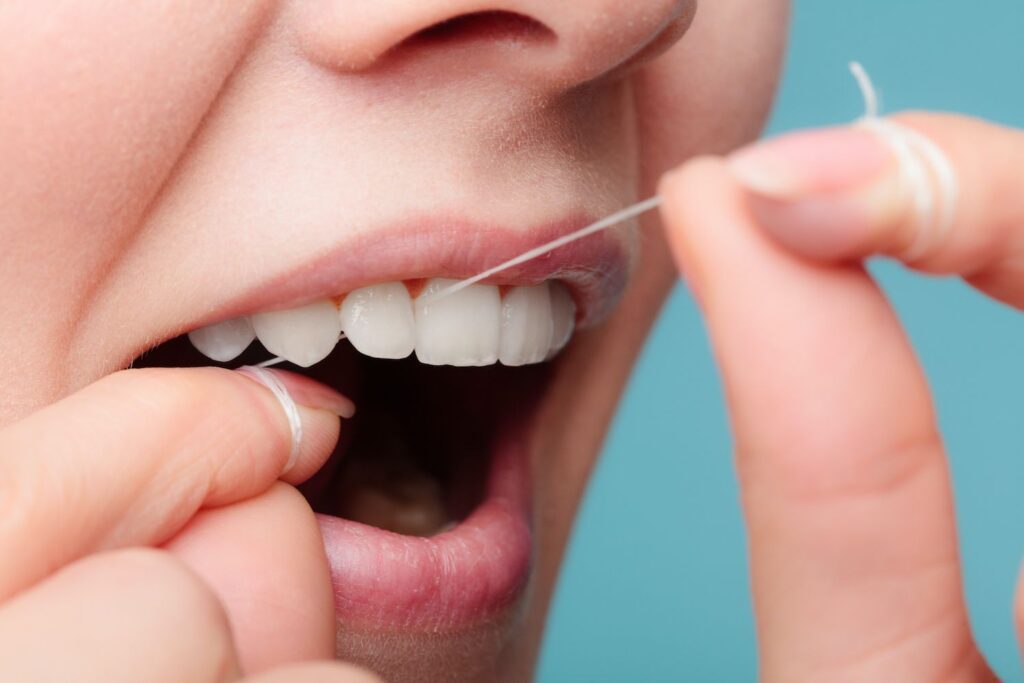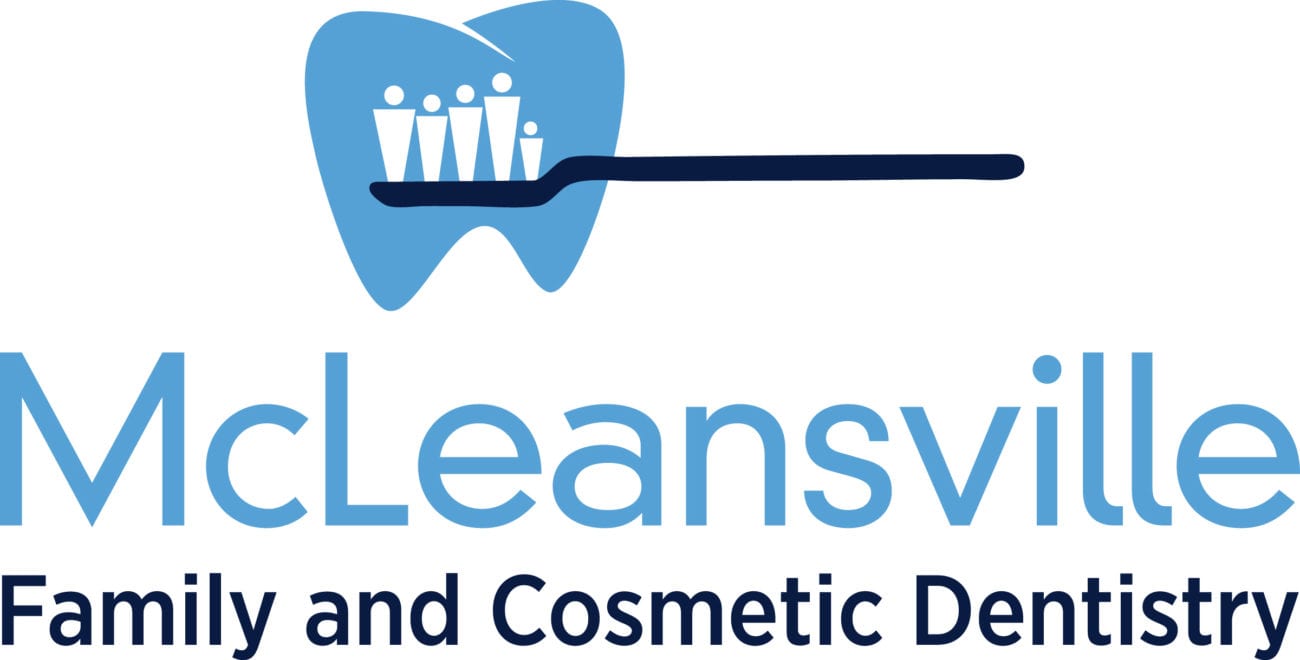Oral hygiene refers to a type of preventative dental care that you complete at home. This involves brushing your teeth twice a day and flossing daily. If you skip flossing, you risk many dental dangers, including cavities.
While a dentist can treat this early form of tooth decay, you should preserve your natural dental structure for as long as you can. To do this, you will need to make efforts to protect your smile, which means diligent, consistent, and thorough oral hygiene practices. And this will entail proper flossing habits.
You can feel more encouraged to floss when you understand its role in keeping your smile looking and feeling its best. Read on to learn details about the importance of flossing in preventing cavities.

How Do Cavities Develop?
Tooth decay occurs when the natural bacteria in your mouth reach weak spots in the enamel, the outer layer of your tooth. The bacteria eat away at these areas, and when a hole forms in the tooth’s surface, dentists refer to this as a cavity.
Cavities will not go away on their own, and you need a dentist to treat this early form of tooth decay. They can remove the decayed part of the tooth and restore the tooth’s structure with a dental filling. This filling also acts as a shield over this vulnerable portion of the tooth to prevent further damage.
But if you do not treat a cavity promptly, the decay will spread. It will deteriorate deeper in the tooth so you need more dental work to resolve the issue.
This could also lead to irreversible damage that may even require an extraction of the tooth. So to preserve your smile, you should practice preventative oral health care that will stop decay from forming in the first place.
How Does Flossing Prevent Cavity Formation?
Plaque, tartar, and lingering food particles in the mouth will erode the enamel if they remain on your teeth. Oral hygiene, therefore, plays an important role in keeping your teeth strong enough to resist tooth decay. Enamel does not regrow, so you need to preserve it before it sustains this damage.
Brushing your teeth will remove these dangerous residues, but the toothbrush cannot properly reach to clean between your teeth. You need to floss, or these particles will weaken the enamel in these areas. Then you can form interproximal cavities in these spots in your mouth.
A dentist can still treat these tricky cavities. But they may need to remove more enamel during treatment in order to reach the decay. So you should floss every day to ensure you do not form cavities in these areas.
A dentist will thoroughly clean these areas of the mouth during a routine check-up. But a great deal of enamel damage can accrue in the time between these dental appointments. So adhere to a regular routine when it comes to flossing and oral hygiene. Consult with your dentist if you have questions or concerns about preventative dentistry.
